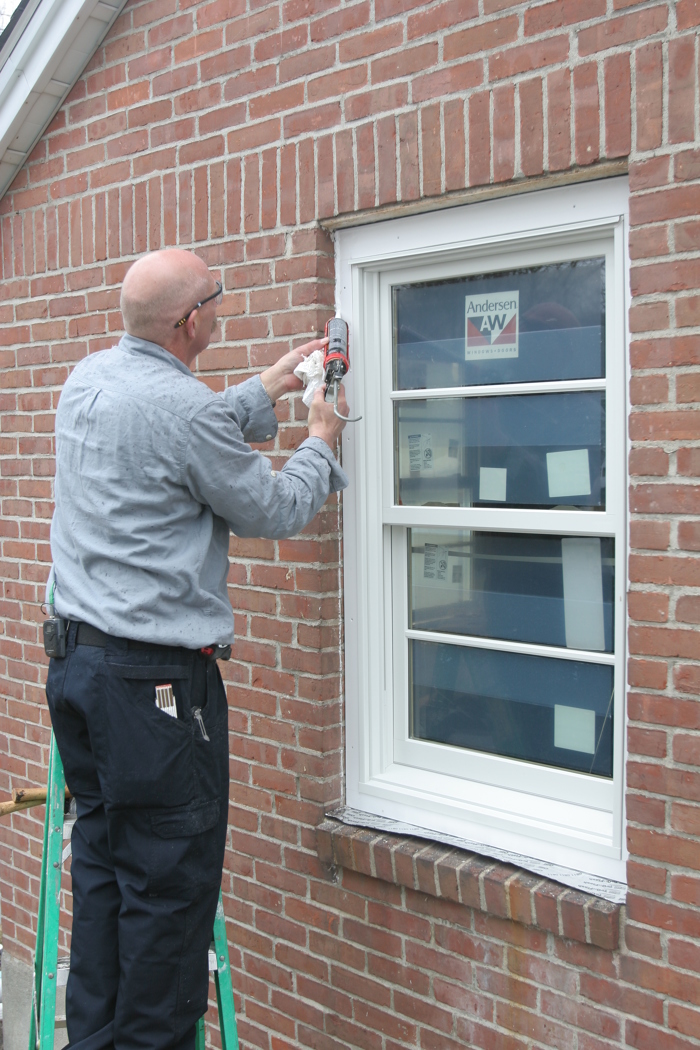Jersey Village Window Replacement: Boost Your Home's Value
Jersey Village Window Replacement: Boost Your Home's Value
Blog Article
Upgrade Your Home With Energy-Efficient Home Window Replacements
In the world of home improvement, the decision to upgrade to energy-efficient home window substitutes can considerably impact both the capability and aesthetic appeals of a house. Past the surface area degree of mere appearances, energy-efficient home windows offer a wide range of benefits that go beyond plain curb appeal.
Benefits of Energy-Efficient Windows

The setup of energy-efficient home windows offers considerable cost savings on energy bills while enhancing ecological sustainability. Energy-efficient home windows are developed to minimize warmth loss and gain, lowering the requirement for home heating and cooling down systems to burn the midnight oil. By effectively shielding the home, these home windows help keep a comfortable interior temperature level year-round, resulting in lower power usage and decreased utility costs. In addition, energy-efficient windows can help manage wetness levels within the home, minimizing the threat of mold and mildew and mildew growth.
Beyond the economic advantages, energy-efficient windows add to environmental sustainability by reducing carbon emissions related to power production. By decreasing power use, these windows assist minimize the environmental impact of heating, air conditioning, and lighting household areas. This reduction in energy usage plays an essential function in combating environment change and advertising a greener future for generations ahead. Overall, purchasing energy-efficient windows not just boosts the comfort and effectiveness of a home yet also aligns with ecologically mindful practices.
Kinds Of Energy-Efficient Glass
Different sophisticated types of energy-efficient glass offer one-of-a-kind properties that provide to various requirements and choices in enhancing the sustainability and performance of buildings. Triple-pane glass, consisting of 3 layers of glass with insulating gas in between them, provides improved thermal insulation, making it very energy-efficient. Additionally, self-cleaning glass with a special covering that damages down and loosens dirt when subjected to sunshine can reduce maintenance demands and keep home windows looking tidy.
Variables to Think About When Selecting
When contemplating energy-efficient window replacements, it is imperative to very carefully analyze specific factors that straighten with your sustainability objectives and desired energy cost savings. One critical variable to consider is the window's energy performance ratings, such as the U-factor and Solar Heat Gain Coefficient (SHGC) The U-factor steps just how well the window insulates, with lower numbers indicating better insulation, while the SHGC indicates the home window's capability to block warm from sunlight. Additionally, the window frame material plays a considerable function in energy efficiency. Materials like fiberglass, vinyl, or wood with thermal breaks are exceptional options for minimizing warm transfer. One more crucial factor to consider is the home window design and positioning concerning sunlight direct exposure. Picking the right window style and tactically placing them can maximize all-natural light while minimizing heat gain or loss. Lastly, installment top quality is crucial to making sure the windows do as planned. Appropriate installation aids protect against air leakage, making certain ideal power efficiency. By meticulously reviewing these aspects, you can choose energy-efficient windows that enhance comfort, minimize power prices, and profit the environment.
Installation and Upkeep Tips

Routine upkeep is crucial to protecting the efficiency of your energy-efficient windows. Examine the home windows occasionally for any kind of find more information indicators of damages, wear, or sealant deterioration. Tidy the frames, tracks, and glass routinely using light soap and water to eliminate dust and gunk that can affect efficiency. Examine the weather-stripping and seals for any type of rips or gaps and change them if needed to maintain the home windows' power effectiveness.
On top of that, lubricate relocating parts such as locks and hinges to ensure smooth procedure. By adhering to these setup and upkeep ideas, you can boost the energy effectiveness of your home and lengthen the lifespan of your energy-efficient home windows.
Cost-Benefit Evaluation of Updating

Energy-efficient home windows are developed to minimize warmth transfer, lowering the demand for home heating and cooling systems to burn the midnight oil. This can result in significant financial savings on power expenses, especially in regions with severe temperature levels. Furthermore, energy-efficient windows can improve the total value of your home, making it more eye-catching to possible purchasers if you make a decision to offer in the future.
When computing the cost-benefit evaluation, element in the potential financial savings on power costs, any offered incentives or discounts, and the life-span of the windows. While the first cost might be higher, the long-term financial savings and benefits of energy-efficient windows make them a smart financial investment for home owners aiming to enhance their residential property's power effectiveness and worth.

Verdict
In final thought, upgrading to energy-efficient home window substitutes uses numerous advantages such as reduced energy usage, enhanced convenience, and cost financial savings. By selecting the proper kind of energy-efficient glass and taking into consideration aspects like frame product and installment, property owners can make best use of the performance of their windows. Routine upkeep and proper setup are important for lasting performance. Generally, the cost-benefit analysis of updating to energy-efficient windows reveals that the first investment can cause considerable cost savings over time.
When contemplating energy-efficient home window substitutes, it is crucial to meticulously assess specific elements that align with your sustainability objectives and desired energy cost savings. The U-factor measures how well the window insulates, with lower numbers indicating better insulation, while the SHGC shows the home window's capacity to block warm from sunlight. By thoroughly assessing these elements, you can select energy-efficient home windows that boost convenience, minimize power costs, and benefit the setting.
While energy-efficient you can check here home windows might find more info have a higher upfront expense compared to traditional windows, the lasting advantages often outweigh the first investment.In verdict, upgrading to energy-efficient window substitutes uses various benefits such as minimized power consumption, increased convenience, and expense savings.
Report this page